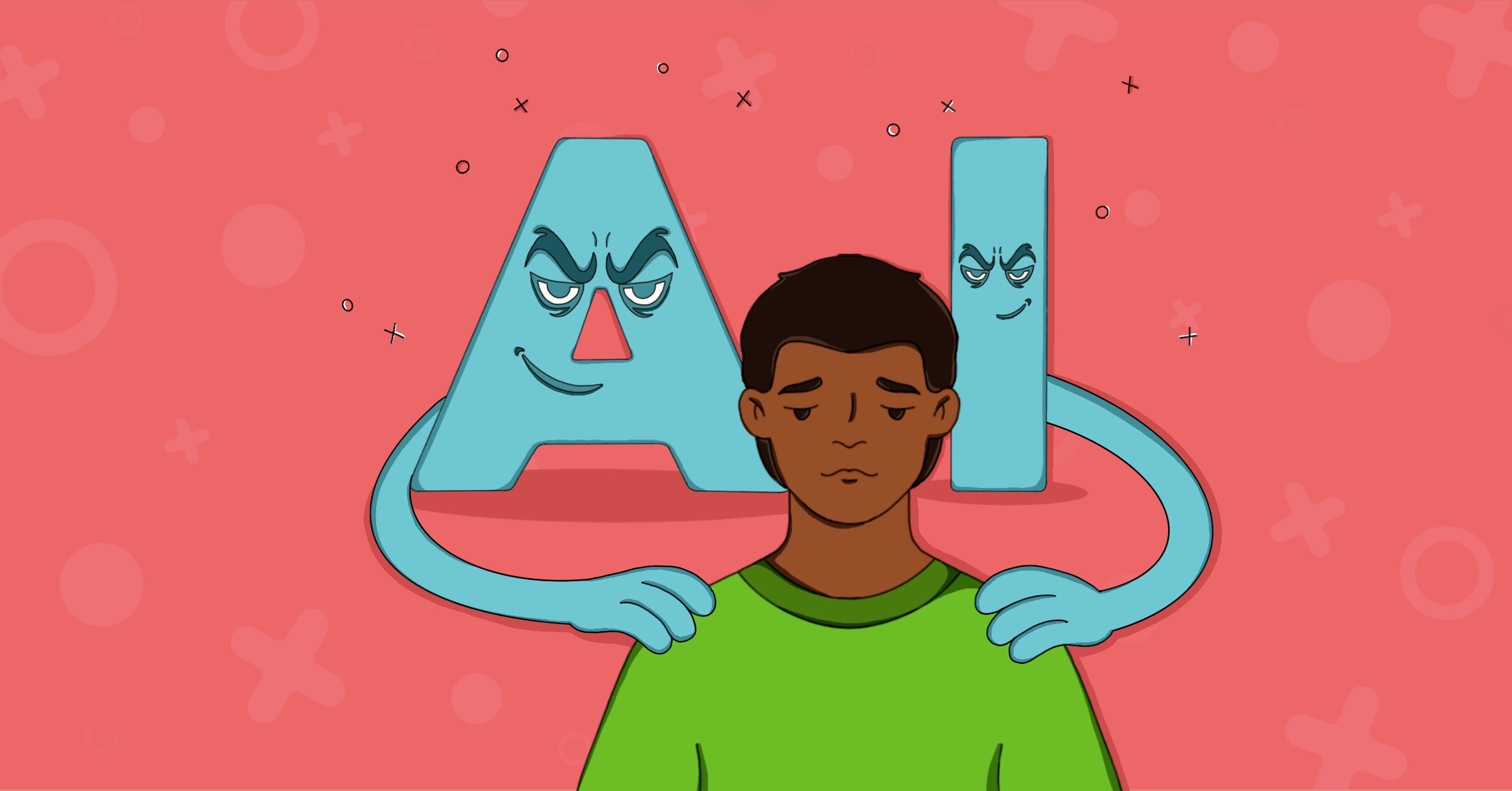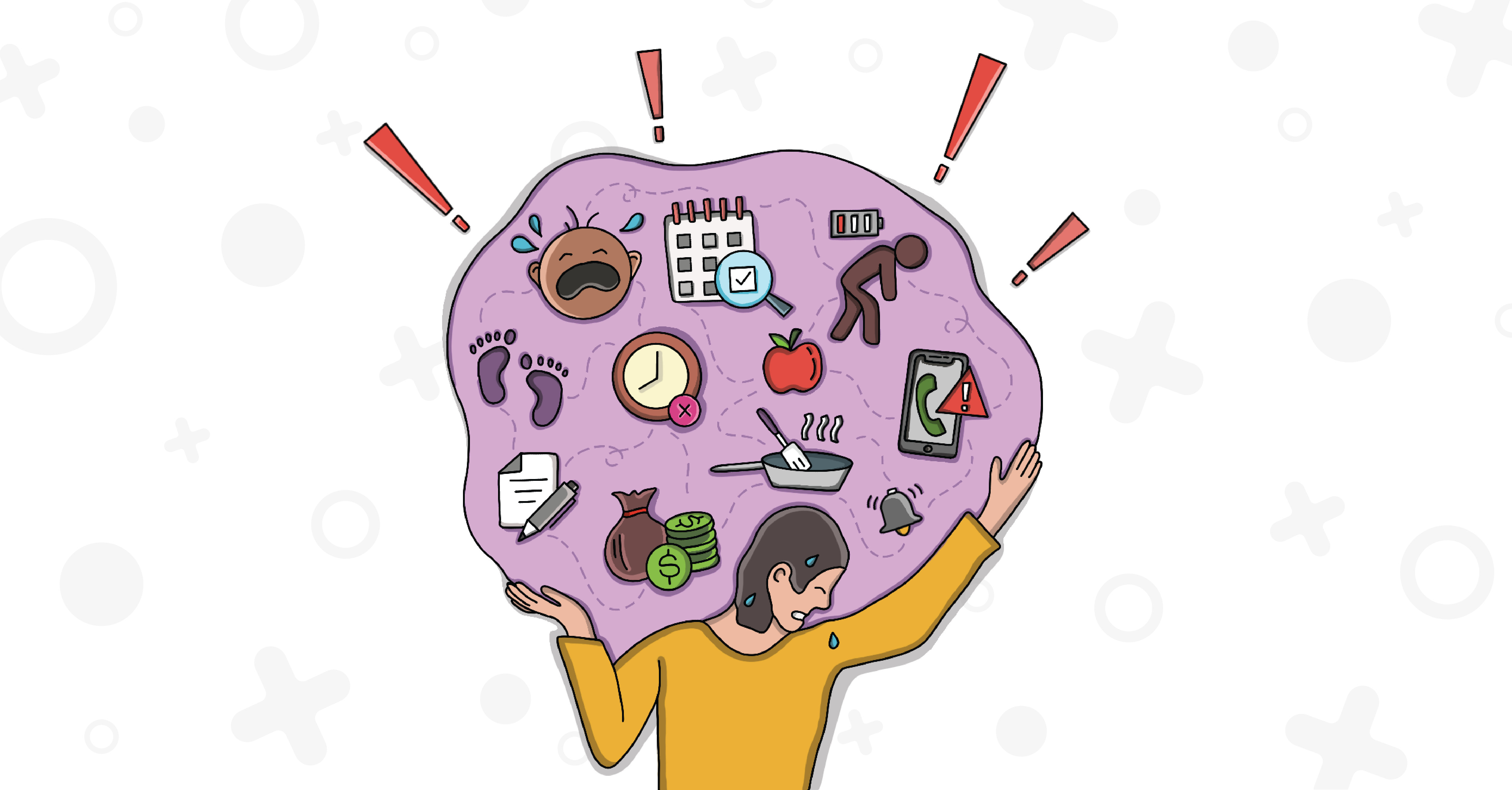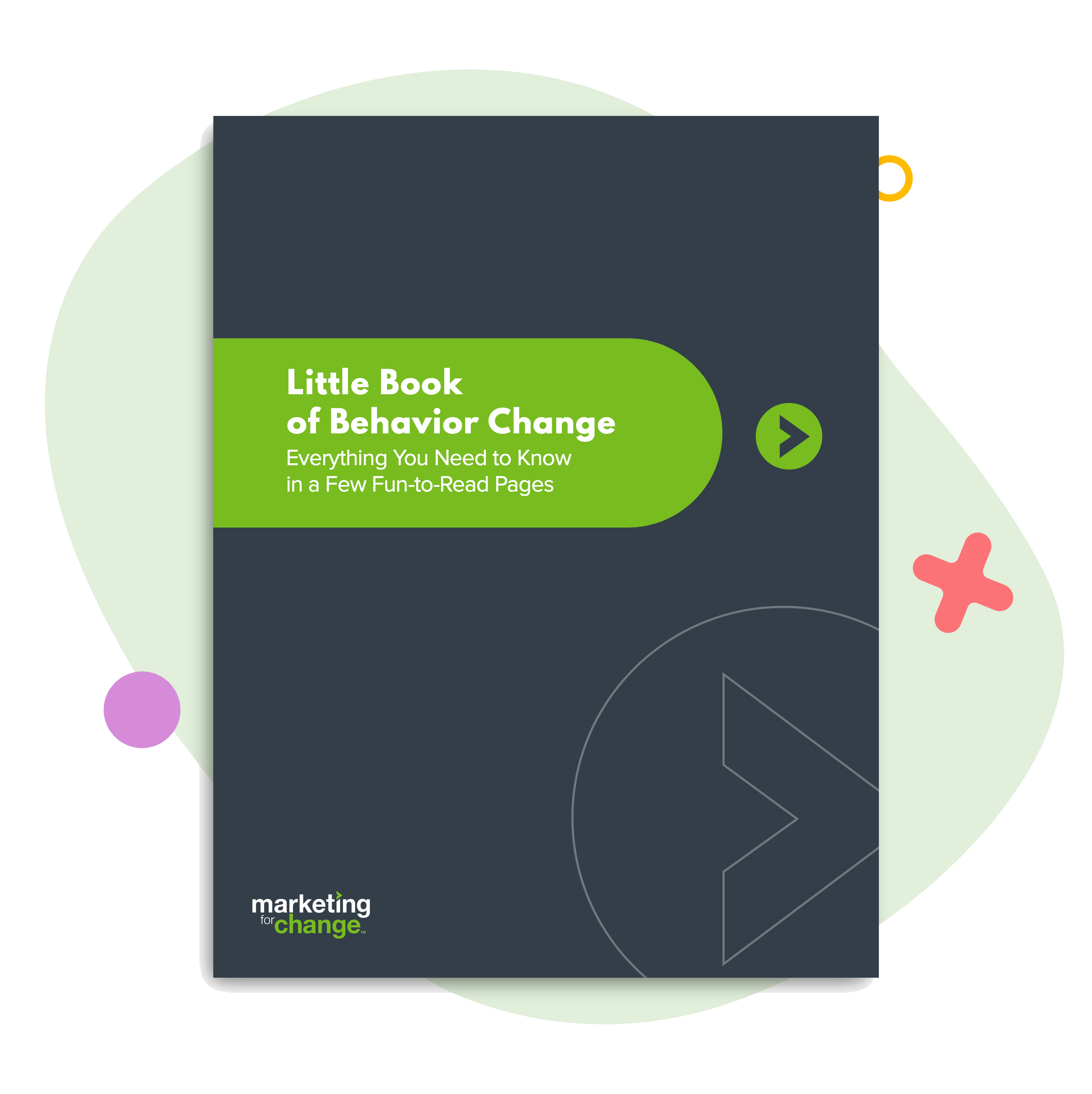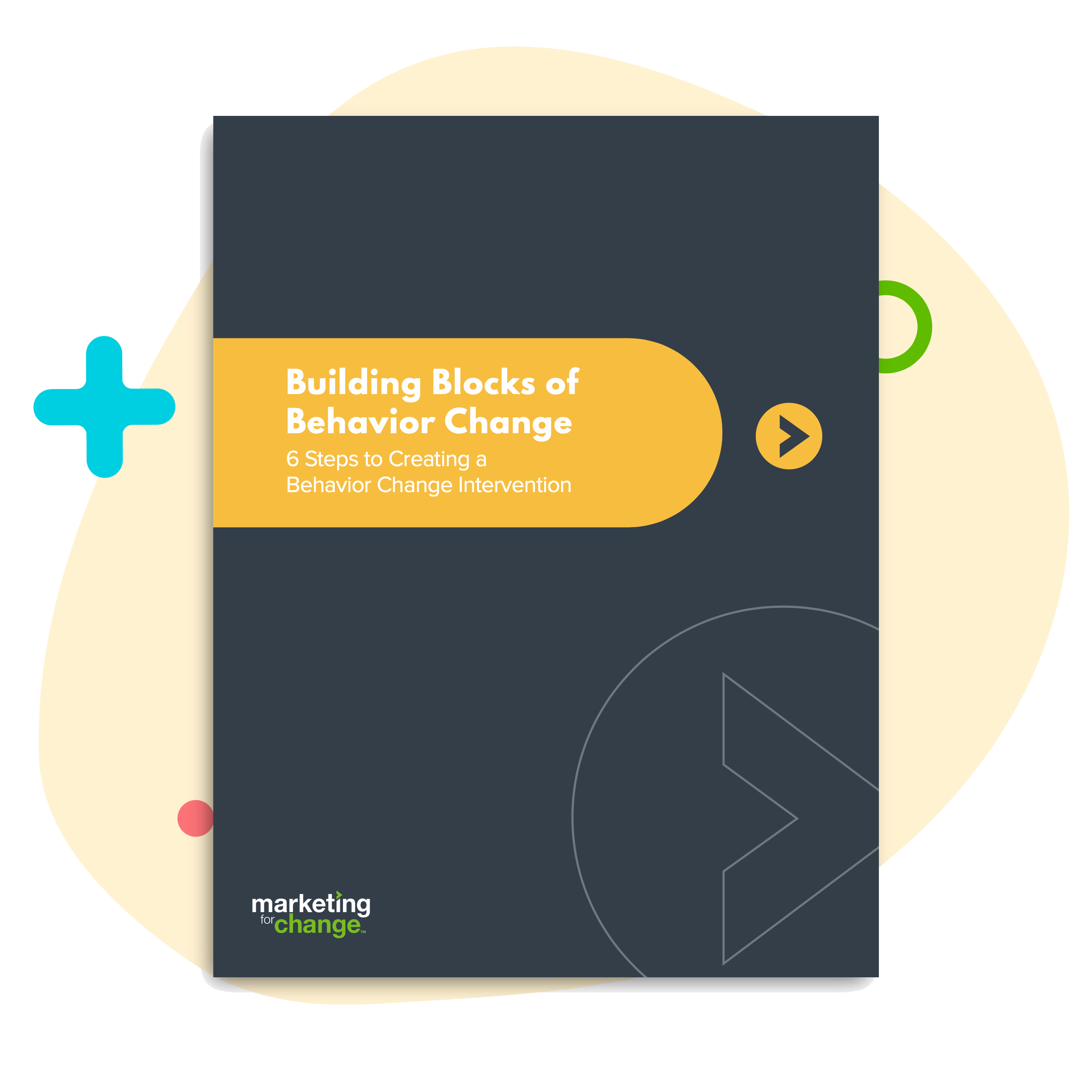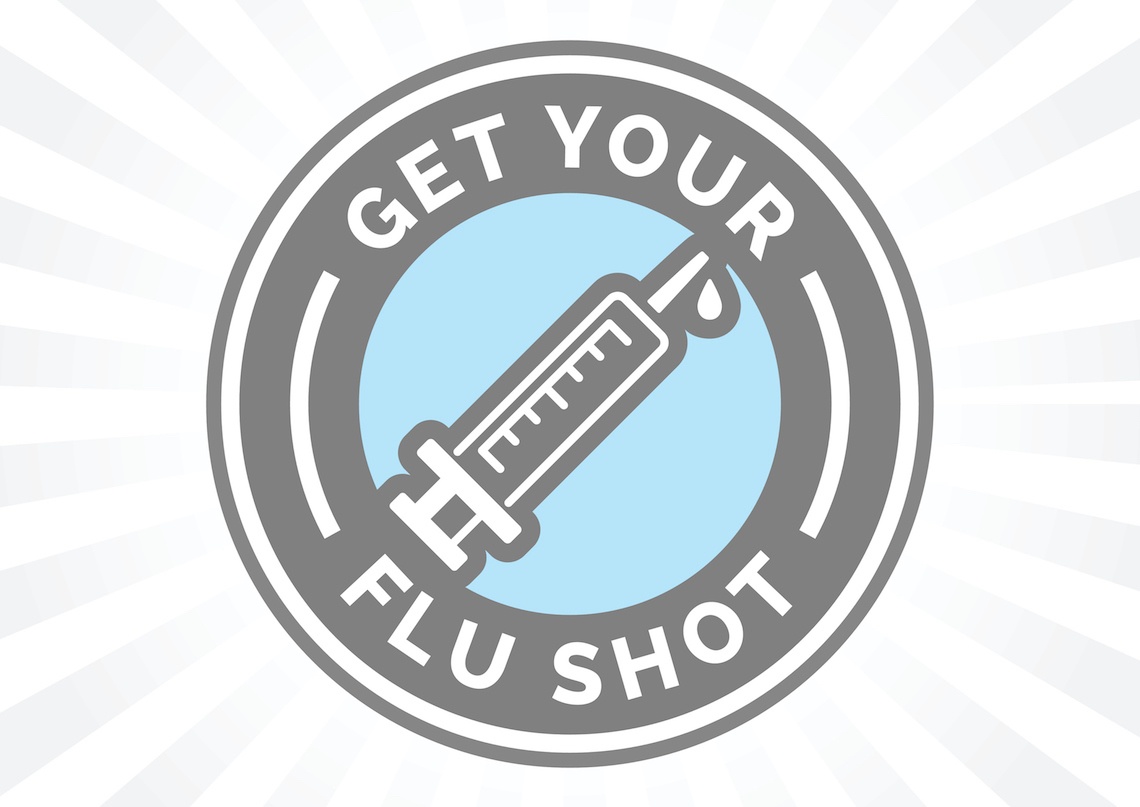
Why you (once again) did not get your flu shot this year
As we wrap up one of the worst flu seasons in a decade –– a nasty epidemic that has claimed the lives of 133 American children and a yet-to-be counted number of adults –– it’s a pretty good bet that you, like most Americans, once again did not get your flu shot. Here are the Top 5 reasons why the pleas of every major public health organization in the country failed to move you to action.
Reason #5. You believe Jenny McCarthy.

Debunked. Discredited. And persistent. Dr. Andrew Wakefield was barred from practicing medicine in the U.K. for his fraudulent 1998 study linking vaccines to autism, but the fear he instilled in parents –– and the opening he created for Jenny McCarthy and other anti-vaxx conspiracy theorists –– has lead to a sharp increase in distrust and a correspondent decline in the rates of vaccinations across the Western world. Since you are reading this blog, we’re hoping you know the flu shot won’t give your kid autism or you Alzheimer’s. But since we’re behavioral scientists, we also know that just mentioning those myths increases the chances you will believe them.
Reason #4. You think the flu shot will make you sick.
 Getting the flu shot might give you a sore arm. A few people get muscle aches and a low-grade fever. What you won’t get from a flu shot is the flu –– despite the debate that raged on social media this year. Flu shots are either made from viruses that have been ‘inactivated’ and are therefore not infectious, or don’t contain flu viruses at all. So what causes that mild fever? It’s not clear, but in randomized trials, fever was just as likely among people who got placebo saltwater shots.
Getting the flu shot might give you a sore arm. A few people get muscle aches and a low-grade fever. What you won’t get from a flu shot is the flu –– despite the debate that raged on social media this year. Flu shots are either made from viruses that have been ‘inactivated’ and are therefore not infectious, or don’t contain flu viruses at all. So what causes that mild fever? It’s not clear, but in randomized trials, fever was just as likely among people who got placebo saltwater shots.
Reason #3. You don’t think it works.
As evidence mounted this winter that the flu season was going to be particularly widespread and deadly, the news hook most outlets jumped on was that the 2017-18 vaccine was less effective than in previous years.

The takeaway for most people was that the shot “doesn’t work,” rather than it at least provides nearly 40% protection you wouldn’t have otherwise. Especially combined with Reason #2 (see below), a belief in the shot’s ineffectiveness sapped most people’s motivation to voluntarily get a needle jabbed in the arm. While responsible news outlets did include somewhere in their stories the recommendation that you should get a flu shot anyway, that message got lost in the media clutter.
Reason #2. You couldn’t be bothered.
 In an entirely unrepresentative convenience sample of 13 people who responded to a survey at our agency, 6 of them –– or 46% –– were flu shot slackers. For every single one of them, the main reason for not getting vaccinated could be summed up with a shrug of the shoulders. “I’ve never gotten a flu shot and I’ve also never gotten the flu (knock on wood), so the inconvenience of getting the shot isn’t worth it to me,” said one respondent. “Not a priority in my life right now,” said another. Our non-doers felt healthy, or hated needles, or had friends who got the shot and still got the flu, or all of the above.
In an entirely unrepresentative convenience sample of 13 people who responded to a survey at our agency, 6 of them –– or 46% –– were flu shot slackers. For every single one of them, the main reason for not getting vaccinated could be summed up with a shrug of the shoulders. “I’ve never gotten a flu shot and I’ve also never gotten the flu (knock on wood), so the inconvenience of getting the shot isn’t worth it to me,” said one respondent. “Not a priority in my life right now,” said another. Our non-doers felt healthy, or hated needles, or had friends who got the shot and still got the flu, or all of the above.
Reason #1. No one asked you.
 Of the 7 survey respondents in our agency who did get vaccinated, only 2 did so because they thought it would be personally beneficial (and one of those was just down for the count for a week with a really nasty case of the flu). The rest of us got vaccinated because someone asked us or incentivized us to. For one employee, it was a friend with a new baby, who asked him to get immunized before visiting. For another, it was a “pushy” primary care doctor who talked her into it, and for yet another, who “would not have sought it out otherwise,” the local CVS clinic gave her the shot as a routine part of her annual checkup. I, too, got vaccinated during my annual physical, but only because I know my insurance company counts the flu vaccine as part of an annual wellness assessment in which you earn $200 for five key health indicators (BMI, blood pressure, blood glucose, no tobacco use, getting the flu shot). Incidentally, those incentives are also the only reason I get an annual physical in the first place.
Of the 7 survey respondents in our agency who did get vaccinated, only 2 did so because they thought it would be personally beneficial (and one of those was just down for the count for a week with a really nasty case of the flu). The rest of us got vaccinated because someone asked us or incentivized us to. For one employee, it was a friend with a new baby, who asked him to get immunized before visiting. For another, it was a “pushy” primary care doctor who talked her into it, and for yet another, who “would not have sought it out otherwise,” the local CVS clinic gave her the shot as a routine part of her annual checkup. I, too, got vaccinated during my annual physical, but only because I know my insurance company counts the flu vaccine as part of an annual wellness assessment in which you earn $200 for five key health indicators (BMI, blood pressure, blood glucose, no tobacco use, getting the flu shot). Incidentally, those incentives are also the only reason I get an annual physical in the first place.
So what can public health types do to make you get the flu shot next year?
Although our agency survey is far from representative, it does point to how much of an uphill battle flu vaccination proponents are fighting. Our agency spends a lot of time working in the public health space and we have several MPHers on staff; and we are generally big supporters of immunization. But we still failed to get much more than 1 in 2 employees vaccinated.
For those pondering vaccination promotion campaigns for next year, here are some approaches worth considering.
Don’t rely on debunking myths alone. In the age of the Internet, clarifying the facts about the flu shot will be a necessary and ongoing task. But it isn’t an effective way to promote immunization. In one of the many fun twists of the human psyche that keep our job as behavior change marketers perennially fascinating, several studies have found that reducing worries about the flu shot safety also significantly reduces intent to get vaccinated.
Make it easy. Studies show that changes in state regulation to allow flu shots in pharmacies and other nontraditional settings led to increases vaccination rates. And of course, it’s always better when it’s free.
Make it about caring for others. Our agency survey showed only 2 out of 13 people got the flu shot because they thought it would benefit them personally (and one of those two still got the flu). Although most of our “doers” were prodded by providers (see below), others got the shot to protect the health of loved ones. This is consistent with a study that found that nurses –– who stand on the frontline of preventing or spreading the flu –– were more likely to get a flu shot if they thought it would protect their patients.
Get providers to make a personal ask. Several studies have found that patients are far more likely to wind up with a flu shot if their provider is proactive –– and that’s certainly the case in our agency.
So will I get a flu shot next year? Maybe. If my doctor asks. And if there’s a $200 health care incentive card at stake. (Though honestly, even that get-a-shot-right-now, get-a-$10-grocery-store-gift-card incentive would do.)

Sara Isaac is the agency’s chief strategist.

